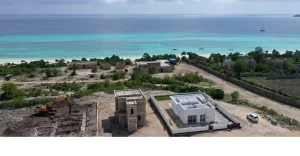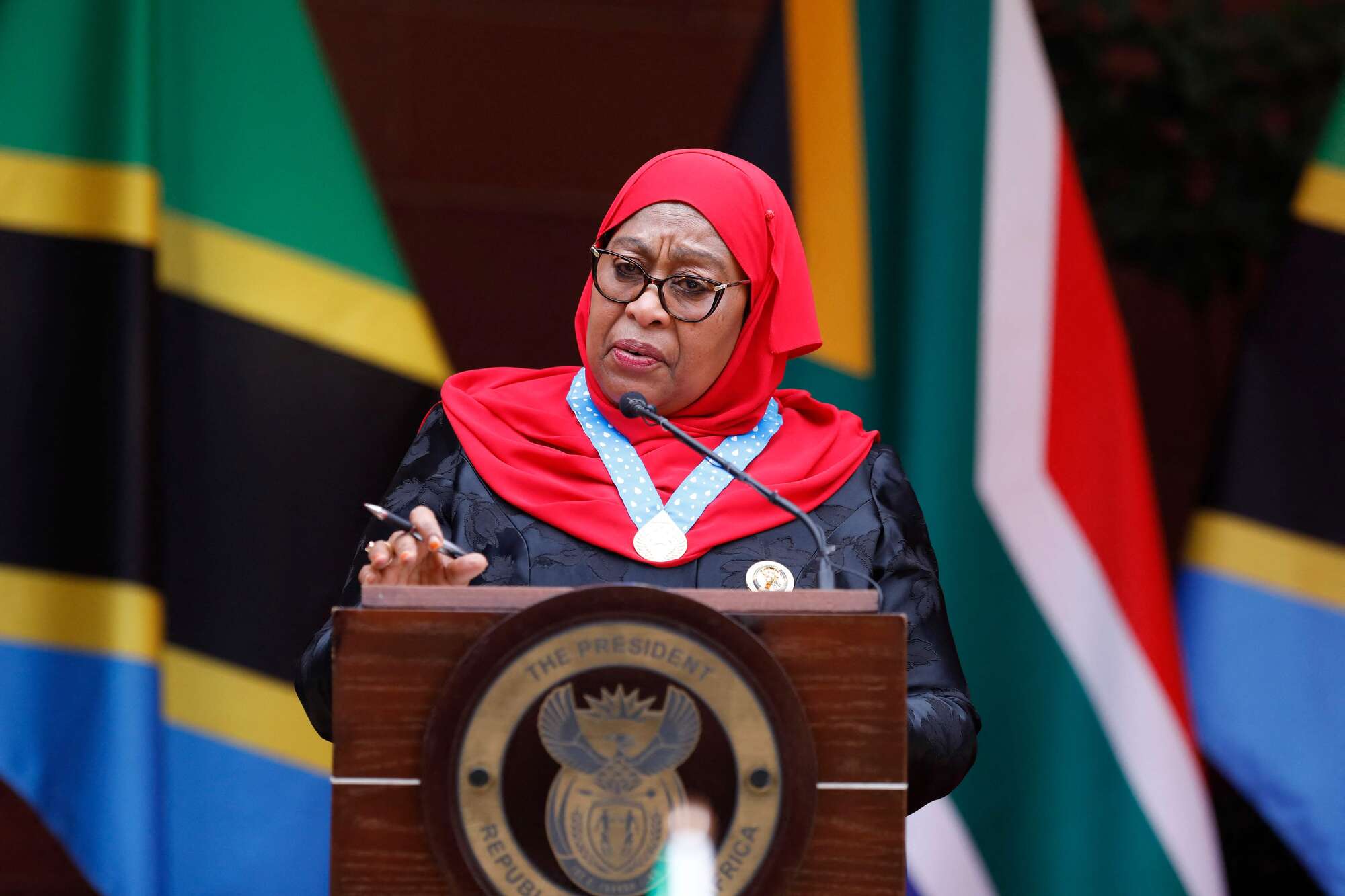The $293 million five year project is currently being implemented in Tanzania, Kenya and Ethiopia through 16 flagship training institutions.
This was announced here yesterday during the opening of the technical advisory meeting of the Eastern Africa Skills for Transformation and Regional Integration Project (Eastrip).
“We are in advanced stages of signing the MoU and we shall keep you updated,” said Prof. Gaspard Banyankibona, the executive secretary of the Inter-University Council for East Africa (IUCEA).
Once the MoU is signed, it will add nine more countries under the project to 12, and will include other East African Community (EAC) partner states.
“It means 12 countries in the eastern Africa region will upgrade their technical and vocational training education (TVET),” he pointed out.
According to Prof Banyankibona, the beneficiary of upgraded technical skills will be huge infrastructural projects under implementation.
These include, among others, the East African Crude Oil Pipeline (EACOP) being jointly undertaken by Tanzania and Uganda.
Another key project is the Lamu Port South Sudan and Ethiopia Transport (LAPSSET) being undertaken by Kenya, Ethiopia and South Sudan.
EAC secretary general Peter Mathuki said training of the critical skilled people was one of the bloc’s aspirations to meet the current and future market demands.
“The move would also address the issue of unemployment,” he said, noting that skilled human resource was critical for the region’s development. Sectors that will benefit include infrastructure, industrialisation and manufacturing and value addition in agriculture.
Others are sustained management of natural resources hinging on value chain and beneficiation as well as management of human capital.
“These sectors will ensure that the economies of EAC remain competitive and continue to attract the required investments,” he said.
Dr Mathuki said increasing youth unemployment has created the need of teaching and learning “focussed on skills development”.
“Therefore TVET institutions are well positioned to lead this new approach to learning,” the EAC boss told the meeting largely attended by scholars from the region.
EASTRIP is a five-year project funded by the World Bank and the governments of Tanzania, Ethiopia and Kenya to increase access and improve quality of TVET programs offered by the selected Regional Flagship TVET Institutes.
Four of the colleges are in Tanzania and include; the Dar es Salaam Institute of Technology (DIT) in Dar es Salaam and Mwanza campuses, the National Institute of Transport (NIT) and Arusha Technical College (ATC).
Share this news
This Year’s Most Read News Stories

Tanzania readying to talk to British developer over Zanzibar land lease revocation
Dar es Salaam. British firm Pennyroyal Limited has said it will sue the Tanzanian government over leasehold revocation in Zanzibar, but the Attorney General has confirmed that they are preparing to meet with the investor.Continue Reading

Tanzania Confirms Outbreak of Marburg Virus Disease
Dodoma — Tanzania today confirmed an outbreak of Marburg virus disease in the northwestern Kagera region after one case tested positive for the virus following investigations and laboratory analysis of suspected cases of the disease.
President of the Republic of Tanzania, Her Excellency Samia Suluhu Hassan, made the announcement during a press briefing alongside World Health Organization (WHO) Director-General, Dr Tedros Adhanom Ghebreyesus, in the country’s administrative capital Dodoma.
“Laboratory tests conducted in Kabaile Mobile Laboratory in Kagera and later confirmed in Dar es Salaam identified one patient as being infected with the Marburg virus. Fortunately, the remaining suspected patients tested negative,” the president said. “We have demonstrated in the past our ability to contain a similar outbreak and are determined to do the same this time around.”
A total of 25 suspected cases have been reported as of 20 January 2025, all of whom have tested negative and are currently under close follow-up, the president said. The cases have been reported in Biharamulo and Muleba districts in Kagera.
“We have resolved to reassure the general public in Tanzania and the international community as a whole of our collective determination to address the global health challenges, including the Marburg virus disease,” said H.E President Hassan.
WHO is supporting Tanzanian health authorities to enhance key outbreak control measures including disease surveillance, testing, treatment, infection prevention and control, case management, as well as increasing public awareness among communities to prevent further spread of the virus.
“WHO, working with its partners, is committed to supporting the government of Tanzania to bring the outbreak under control as soon as possible, and to build a healthier, safer, fairer future for all the people of Tanzania,” said Dr Tedros. “Now is a time for collaboration, and commitment, to protecting the health of all people in Tanzania, and the region, from the risks posed by this disease.”
Marburg virus disease is highly virulent and causes haemorrhagic fever. It belongs to the same family as the virus that causes Ebola virus disease. Illness caused by Marburg virus begins abruptly. Patients present with high fever, severe headache and severe malaise. They may develop severe haemorrhagic symptoms within seven days.
“The declaration by the president and the measures being taken by the government are crucial in addressing the threat of this disease at the local and national levels as well as preventing potential cross-border spread,” said Dr Matshidiso Moeti, WHO Regional Director for Africa. “Our priority is to support the government to rapidly scale up measures to effectively respond to this outbreak and safeguard the health of the population,”
Tanzania previously reported an outbreak of Marburg in March 2023 – the country’s first – in Kagera region, in which a total of nine cases (eight confirmed and one probable) and six deaths were reported, with a case fatality ratio of 67%.

Sign up for free AllAfrica Newsletters
Get the latest in African news delivered straight to your inbox
In the African region, previous outbreaks and sporadic cases have been reported in Angola, the Democratic Republic of the Congo, Ghana, Kenya, Equatorial Guinea, Rwanda, South Africa and Uganda.
Marburg virus is transmitted to people from fruit bats and spreads among humans through direct contact with the bodily fluids of infected people, surfaces and materials. Although several promising candidate medical countermeasures are currently undergoing clinical trials, there is no licensed treatment or vaccine for effective management or prevention of Marburg virus disease. However, early access to treatment and supportive care – rehydration with oral or intravenous fluids – and treatment of specific symptoms, improve survival.
Source: allafrica.com

President Samia takes on Tanzania’s web of corruption
The President takes on the web of corruption in the Tanzanian government and quasi-government institutions flagged by the newest report by Controller & Auditor-General Charles Kichere. Continue Reading











